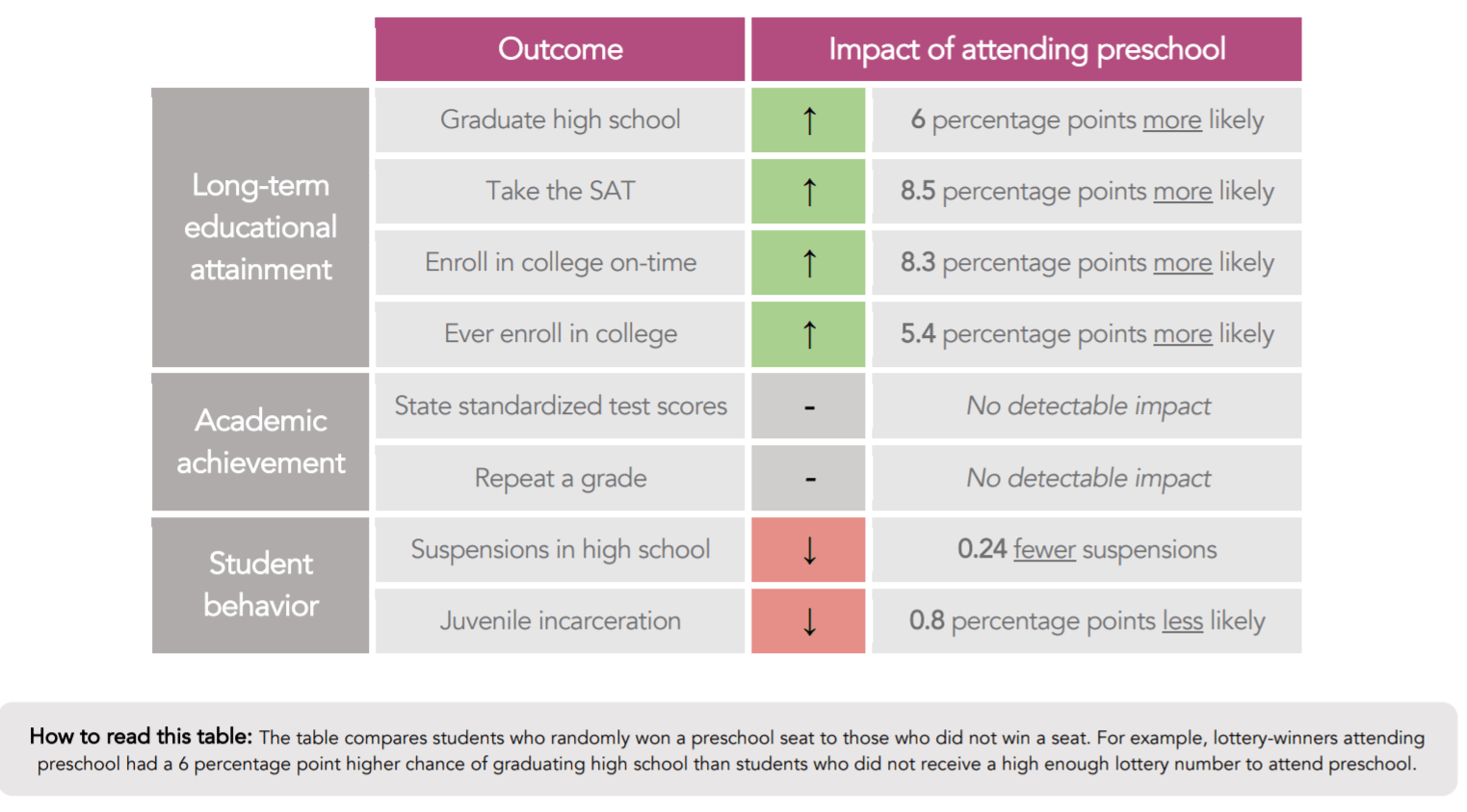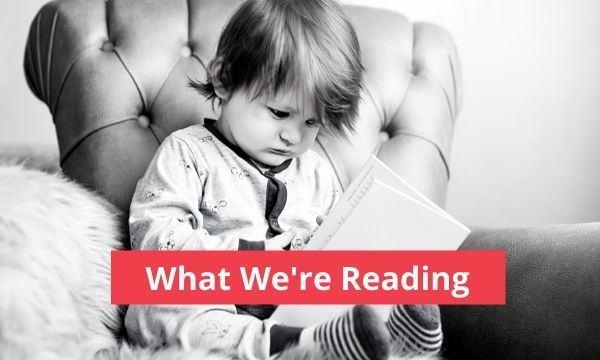It has long been known that a child’s earliest experiences, both positive and negative, have effects that last a lifetime and show up as disparities in physical and mental health, socioeconomic status, and educational attainment. High-quality preschool can provide the types of early experiences that help children to thrive. Proponents advocate for public preschool programs as a way to ensure that all children have access to the opportunities that will set them up for success in elementary school and beyond, regardless of their parents’ ability to pay.
Public preschool programs, largely funded by state and local governments, have grown steadily in recent years. According to the 2019 NIEER State of Preschool Annual Report, the number of US 4-year-olds in preschool increased by 20 percent from 2002 to 2019, with 44 states and 24 of the 40 largest US cities operating large-scale public preschool programs that year.
And the expansion of publicly funded early learning programs is not likely to slow; state and local investments are being joined by proposals at the federal level. President Biden’s American Families Plan would invest $200 billion in expanding access to universal prekindergarten and ensuring a minimum wage of $15 per hour. The administration says this plan would benefit five million children and save the average American family $13,000.
Just this week, the School Effectiveness & Inequality Initiative (SEII) released a new discussion paper called The Long-Term Effects of Universal Preschool in Boston. The study highlights the benefits of high quality early learning experiences and how these show up for children over time. It also examines evaluation results of the federal Head Start program that have indicated that initial test score gains among Head Start participants tend to level out by the end of elementary school, a phenomenon known as preschool fadeout.
According to SEII, “Some analysts interpret these findings as reflecting ineffective programs, while others argue that medium-term test scores are a poor measure of program effectiveness.” SEII suggests that “these disagreements may stem from the fact that no study to date has used a randomized research design to study the long-term effects of a large-scale preschool program.”
Research Design
The Boston study fills this gap with a lottery-based research design that compares 4,000 4-year-old applicants who were randomly selected in or out of public preschool over the course of seven admissions cohorts from 1997-2003. It estimates causal effects of public preschool on:
- College enrollment and persistence
- Grade progression and high school graduation
- SAT and state achievement test scores
- Behavioral outcomes related to truancy, suspension, and juvenile incarceration
Findings
- Attending a Boston public preschool led to positive long-term impacts on educational attainment as attendees were more likely to graduate from high school and enroll in college.
- The short-term effect of preschool on test scores was minimal, but there was a substantial impact on student behavior.
- Effects were larger for boys than for girls, but did not differ by race or income.

Impact of Boston Public Schools’ Preschool Program
Policy Applications
The findings of this study support continued large-scale investment in universal public preschool, including local programs like Multnomah County’s Preschool for All, and the federal support for preschool expansion proposed in President Biden’s American Families Plan.
From the study: “As policymakers consider increased public investment in universal preschool, the research findings suggest that preschool can lead to long-term educational attainment gains through improvements in behavior. Furthermore, the observed effects across demographic groups suggest that all students are likely to benefit from universal preschool.”

